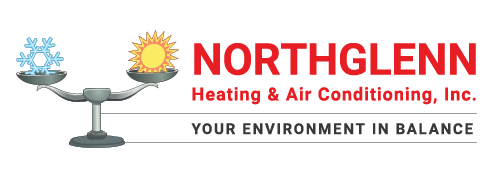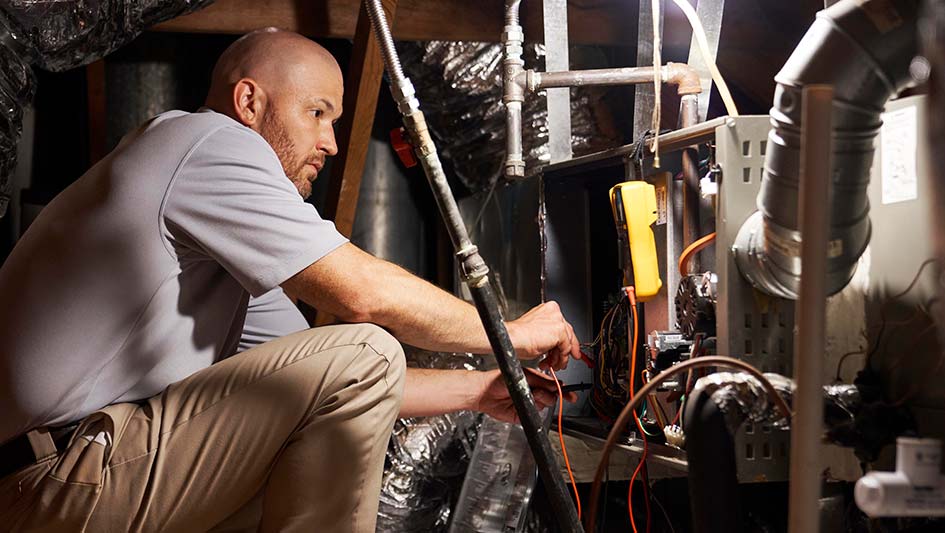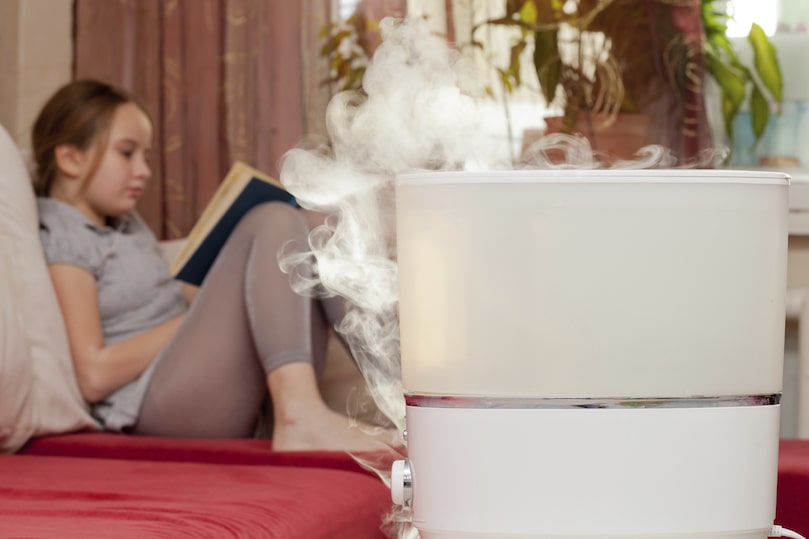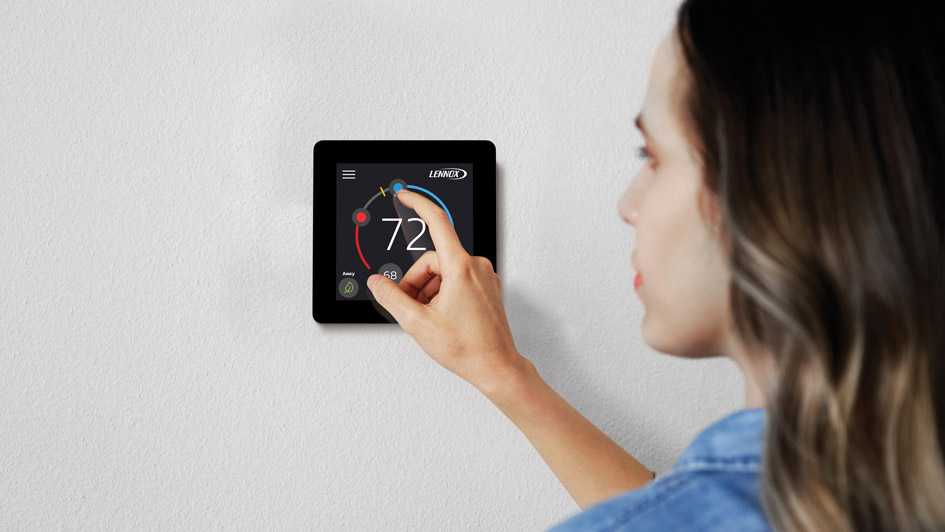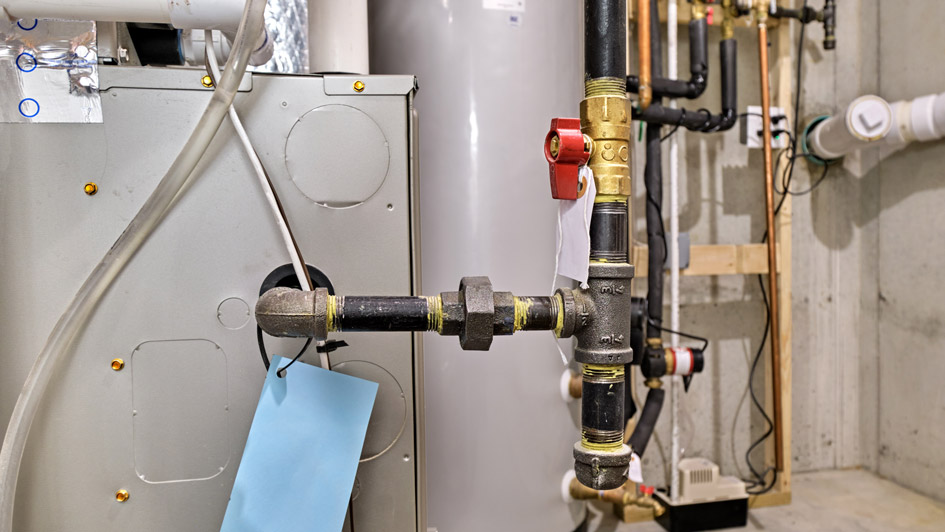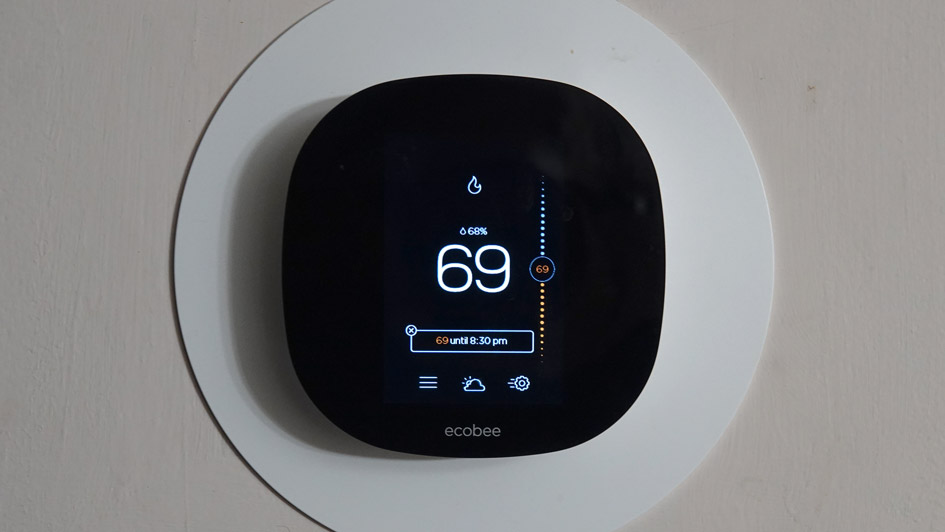Blog
Serving Northglenn and These Areas
About Northglenn Heating & Air Conditioning
At Northglenn Heating & Air Conditioning, Inc., making your home comfortable is our biggest interest. That’s why we provide lasting HVAC equipment and outstanding work in Northglenn. Our techs are knowledgeable in a full range of services, so you can feel confident in your results. They’ll give the help you are looking for, whether it’s installing a new HVAC system or working on and maintaining your current unit. We’re ready to assist with all of your needs, so get in touch with us at 303-452-4146 or contact us online to schedule an appointment right away.
© 2026 Northglenn Heating & Air Conditioning | All rights reserved
